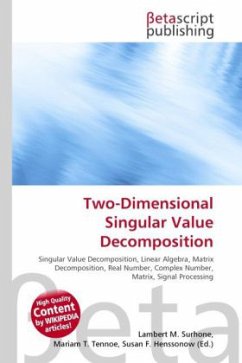High Quality Content by WIKIPEDIA articles! The Value of Science is a book by the French mathematician, physicist, and philosopher Henri Poincaré. It was published in 1905. The book deals with questions in the philosophy of science and adds detail to the topics addressed by Poincaré's previous book, Science and Hypothesis (1902).The first part of the book deals exclusively with the mathematical sciences, and particularly, the relationship between intuition and logic in mathematics. This historic intuition is therefore mathematical intuition. For Poincaré, it is a result of the principle of least effort, that is, of a link to scientific convention based on experimentation. Convention, thus given a context, permits one to consider different theories of the same problem, and subsequently make a choice based on the degree of simplicity and usefulness of explanations advanced by each of these theories (see also Occam's razor). The example chosen by Poincaré is that of three-dimensional space. He shows how the representation of this space is only one possibility, chosen for its usefulness among many models that the mind could create.







